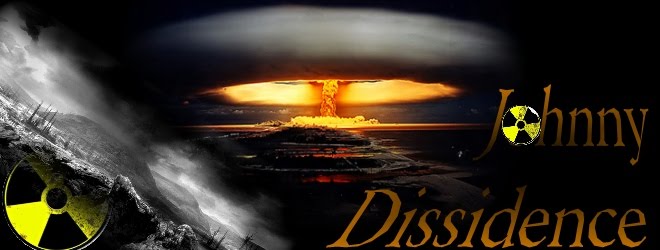A recent reading of Adrian Goldworthy's Fall of the West has brought to mind the numerous and distinct similarities between the ancient Roman empire and the United States empire. Though many would argue the US is not the Roman empire, which I am in full agreement with, my major point of interest are not in the distinguishing features, but in the eerily similiar commonalities between the two powers, especially with their relative declines. And some of the contributing or symptomatic factors of the Roman decline seem to look all too familiar.
Thus far, I can conclude that Rome's inherent political instability was the deciding factor of its demise; The nature of the Roman entity was one that was inherently and fatalistically divisive; Rome suffered, as empires so inclined, from sheer vastness, its sheer geographic magnitude served as more of a source of internal division and conflict than a strength, and paved the road for empirical rupture accodomatingly. At the conclusion of the Western empire, the emperor himself was reduced merely to that of a figurehead, a persona secured only by the allegiance of the general of the day and his stalwart regiment of troops. The same dynamic is visible in modern America, whose landscape is but an absurd caricature of thinly veiled antagonism and division. For the average man or woman, there is but two ideological spectrums, a hefty liberal bias at one end, and a conservative one at the other. Not only is America racially segregated, but severely by political affiliation. This ideological isolation, exacerbated by multiculturalism and the media that fuels it, helps to aggravate the symptoms of this very social sickness.
New York, much like the city center of imperial Rome, the preening and symbolic capital of America to the rest of the world, the teeming trade center of the US, the home of the vampires of finance, a neo-Marxist elites, profiting from usury and manipulating the securities of working Americans, exploiting nothing but human livestock to them, is the worm-infested core of the United Soviet State of America. Compounding misery, this empirical hub was symbolically sacked by the lowest and scummiest barbarians. Nine-eleven to me exemplified two parts of the worst part of the elite's American culture coming home to roost: Multiculturalist immigration policies with no integration policy, and backdoor American interference in other countries. An impressive deficiency maintains in the wake of the symbolic destruction of New York, the razing of the World Trade center, a monument to the might and audacity of North American economic muscle, an impregnable structure of awe-inspiring size looking down on the world, instead, in its obliterated state, to be overshadowed by the now unmentioned Park 51. Nine Eleven was an attack geared towards symbolic pillaging, the destruction wreaked worth more than the sum of its damage on infrastructure.
But the consequences of such an event lies remote in the mind of the average Joe. We don't see American youths taking to the street in fiery conflict over ridiculous student loans, the pension pyramid scheme, or the present and projected marginalisation of Whites. Like the rest of us and like the ancient Roman proletariat (thought they were known to riot when their food reserves were down), the bulk of American Whites have their hands tied.
The place I'd draw the boldest distinction between the USA and the Roman empire is in the usage of information, and in the way that that information is transferred to the people from the state. The media makes the difference in its control of the masses. The rapidity and sophistry with which the state and major corporate interests puts the public within their psychological reach is astounding. This medium allows for the powers to be to covertly transform the minds and hearts of their constituency at their whim and will. For instance, take the effect of television on the self-image and perspective of Indian women as outlined in the book Superfreakonomics, which, upon viewing their Western counterparts in US sitcoms, had the effect of depressing birth rates and decreasing spousal violence. Indeed, the Idiot box is a powerful tool, putting the masses' minds at the disposal of those who control it.
The blame of American psychological decadence and apathy can be laid partially at the feet of the education system. This governmental system, with a barely reputable accord, is used primarily as an indoctrination factory, churning out soft-core brainwashees, destined to elated performance of their ideological duty and have just the minimal amount of education to pass through life comfortably, without a shred of knowledge about their true purpose.
Although there are many similarities and differences between the ancient Roman empire and the present day USA, one thing that never changes is the essence of power itself. The societal masters' ability in the seizure and maintenance of the collective attentions of the masses may change, and the ability of different groups to seize it may alternate, but the will to power itself maintains, an unsubvertable human trait, eternally. This is a fundamental lesson to the modern man.
Why there is definitely no Epstein list
1 hour ago

No comments:
Post a Comment